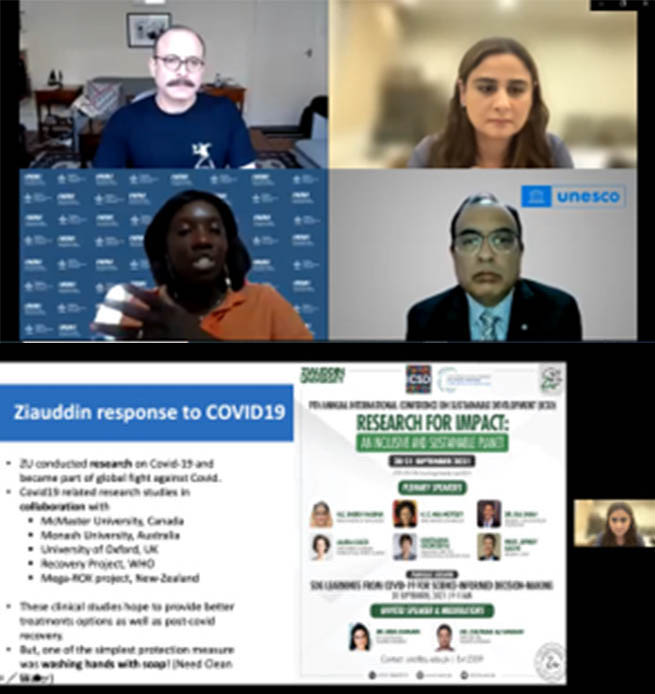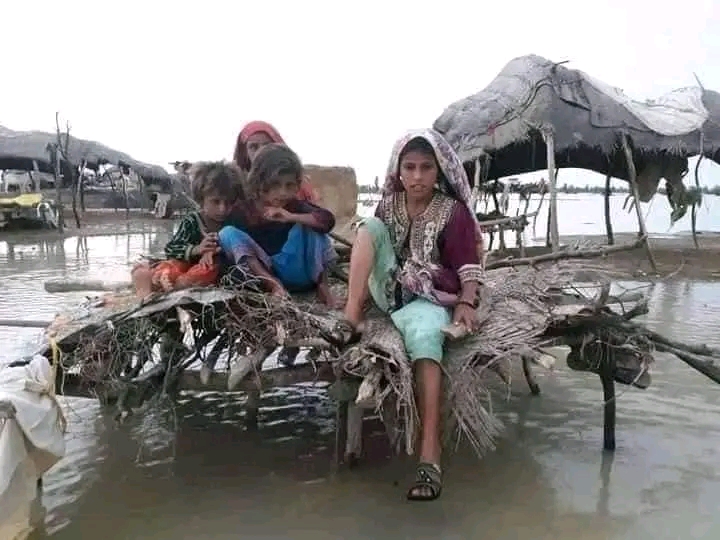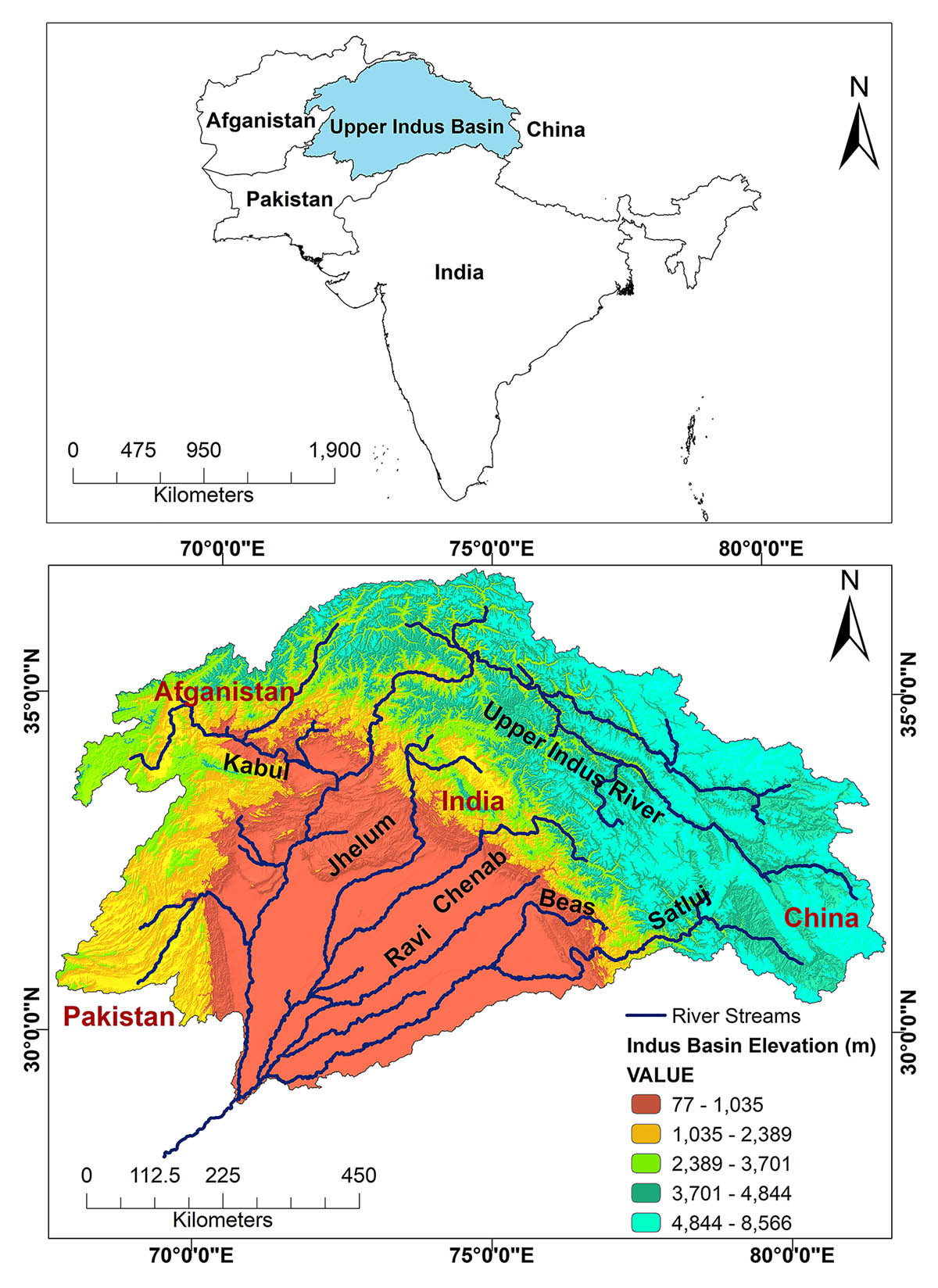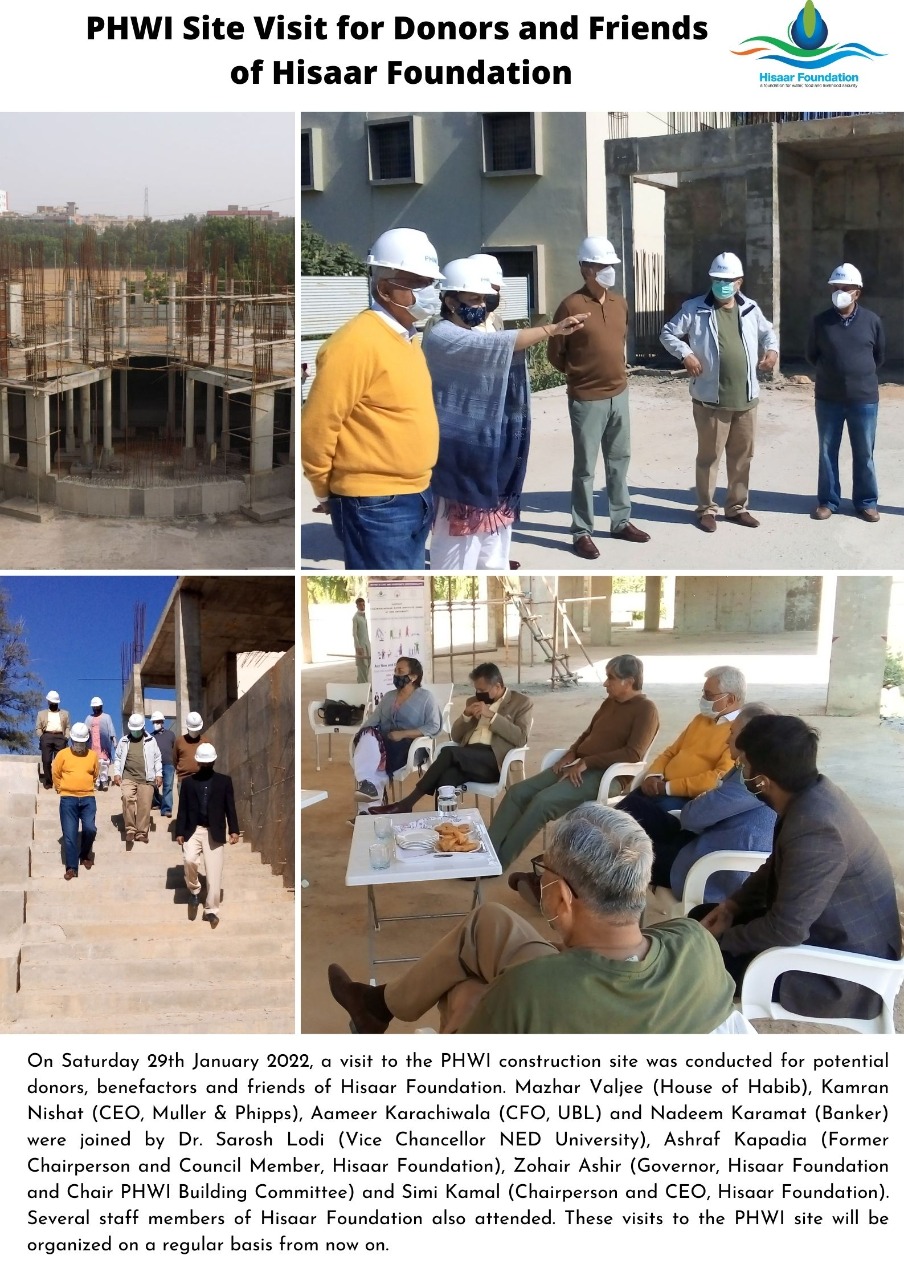5th Karachi International Water Conference
Climate Change and Pandemic: Impact on Water
The third webinar for 5th Karachi International Water conference hosted by Hisaar Foundation delivered that water security and achieving SDG6 for all should be prioritized by the government. Titled ‘Thinking the Unthinkable: Harnessing the Pandemic to Improve SDG-6, Health and Sanitation’, the webinar took place on 9th Dec 2021 and experts agreed that safely managed water availability is influenced by social inequality and governments along with other stakeholders have to act together with a system thinking approach to address this.
The webinars keynote speaker Dr. Professor Shahbaz Khan, Director UNESCO Office in Beijing shared that Pakistan and other south Asian countries are facing water scarcity for at least one month a year. The Covid 19 pandemic has heightened the awareness of both the extent and gap of availability of safely managed water and the sanitation services deficit. He was of the view that struck by the pandemic SDG 6 achievement is becoming far more difficult. In her keynote speech, Dr. Josiane Nikiema, PhD, Research Group Leader, Circular Economy and Water, IWMI, West Africa pointed out that that up to 84% of the water sources in South Asian region are contaminated. Covid 19 has demonstrated the value of investing in IWRM, monitoring and data collection. Speaking on building back better from the pandemic she emphasised on adopting circular economy approach to build resilient water utilities and waste water treatment facilities.
From the healthcare perspective, Dr. Nida Hussain, Pro-Chancellor, Ziauddin University highlighted that within a year of pandemic there has been significant progress in open data sharing, finance availability and stakeholder partnerships for Covid 19, similar efforts have to be realized in the water sector, as poorly managed water sources have far worse consequences for human health. Dr. Shaikh Tanveer Ahmed, Chief Executive, HANDS shared his foundations efforts and Covid emergency response across the rural areas of Pakistan. Ms. Afia Salam (President Baanhn Beli and Chair Board of Trustees, Indus Earth Trust) shared on the plight of the rural areas and peri urban areas where people are unable to implement the basic Covid SOPs. She shared that WASH resource availability responsibility lies with the government and individuals have to act responsibly to meet the SDG6 goals. Speaking for Karachi specifically, Dr. Nouman Ahmed, Dean AMS appreciated the governments Covid response and role in establishment of National Command and Operation Centre and other intuitional arrangements and care programs for vulnerable communities. Ms. Seema Tahir (CEO, Airwaves Media) highlighted on the lack of consensus and collaboration at the cost of data and information gaps to significantly address the water challenges of Pakistan. For media and social media to play its role effectively for WASH sector there needs to be a collective roadmap to raise awareness and bring forward ground realities.
The panel discussions ended with a question and answer session among the panelists on questions posted from over 100 online participants on various digital platforms. Concluding the event, Dr. Daanish Mustafa (Professor, Department of Geography, King’s College London) called for broader dialogue and discussions to be held in order to arrive at inclusive and sustainable approaches to handle current and future water challenges. Ms. Simi Kamal, Chairperson, Hisaar Foundation remarked that there are lessons we have learnt from how we have handled the pandemic and these efforts have to be replicated for achieving the goals set under the SDG6 agenda.




